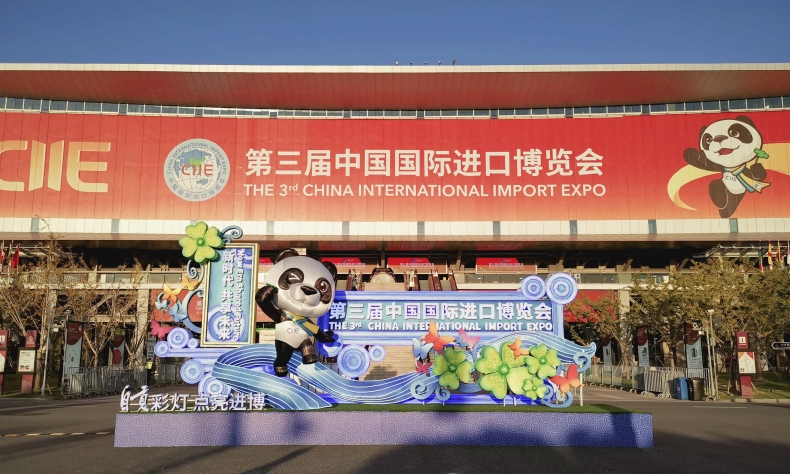Higher Standards,Wider Cooperation

China is not only scaling up its openness, but is, in addition, trying to create a fairer and more orderly environment for competition to thrive with capital flowing in from various sources.
On January 31, China unveiled its latest action plan for guiding the construction of a high-standard market system in the next five years.
The plan proposes more than 50 specific measures covering five aspects: the basic institutions of the market, efficient allocation of factor resources, market environment and quality, high-level opening up and the oversight mechanism of the modern market system.
The creation of such a high-standard market system is both a crucial decision for forging a new development model, and a major step toward the improvement of a socialist market economy system with Chinese characteristics.
In late October 2020, a new development model was put forward, featuring a dual-circulation pattern in which the domestic and overseas markets reinforce one another, with the domestic market serving as the overall mainstay.

Nonetheless, the rest of the world still has concerns regarding this novel pattern for development, primarily because much of the Western media highlights China’s domestic market. During these times when unilateralism is on the rise, the main suspicions or fears arguably stem from the assumption that China might scale back its openness and reduce its role as the world’s economic engine.
China has long been an inseparable part of the global economy and the general international system. The current plan of action covers those areas that foreign investors have long been keeping their eyes on, including the development of the property rights protection system, a negative list for market access and fair competition.
As the action plan further reveals, China will see to it that the laws and regulations on the protection of intellectual property rights improve, the legal protection of economic property rights of non-public economy receives an upgrade, the threshold for market access becomes lower, law enforcement on anti-monopoly and anti-illicit competition is more diligently implemented and local protectionism gets eradicated.
The new agenda also calls for measures to increase the opening up of the financial services market. These revamped procedures would allow the formation of foreign-controlled joint-venture banks and securities firms, in addition to wholly foreign-owned or joint-venture asset management firms.
Moreover, the negative list for foreign investment will be shortened, the scope of industries expanded to encourage foreign investment and institutional opening up will be promoted.
Foreign investors look set to benefit from these moves as China spares no efforts to facilitate trade and investment. It has also voiced its commitment to protecting the legal rights of foreign businesses, offering foreign investors better services, and providing them with a business environment based on market rules and laws.
All those measures are a strong indicator that China is not only scaling up its openness, but is, in addition, trying to create a fairer and more orderly environment for competition to thrive with capital flowing in from various sources.
In the face of changes unseen in a century, combined with the current trend of unilateral policies adopted by several developed countries, China remains committed to a multilateral and economically globalized approach. As the world’s second-largest economy, the nation moves forward in support of worldwide economic development, while strengthening its own economic and social progress with the ultimate aim of realizing mutually beneficial growth.
Through the construction of a high-standard market system, curbing obstacles to both the flexible distribution of production factors across the market as well as the free circulation of commodities and services, China will tap even deeper into its domestic market and reinforce supply chains, in turn benefiting the foreign market.
Given China’s economic weight and the bright prospects ahead, a high-standard market system is what China will open to the outside world, consequently deepening its cooperation and integration with its global peers.
The author is a writer with Beijing Review.
 Facebook
Facebook
 Twitter
Twitter
 Linkedin
Linkedin
 Google +
Google +










